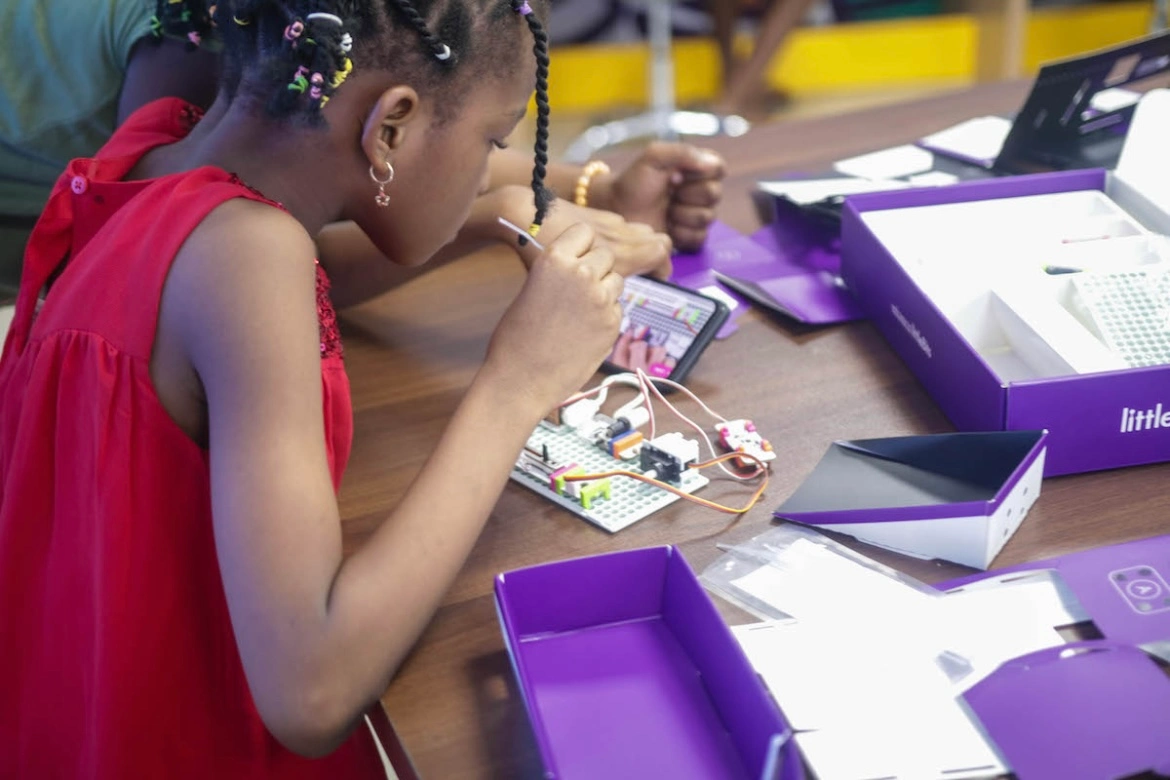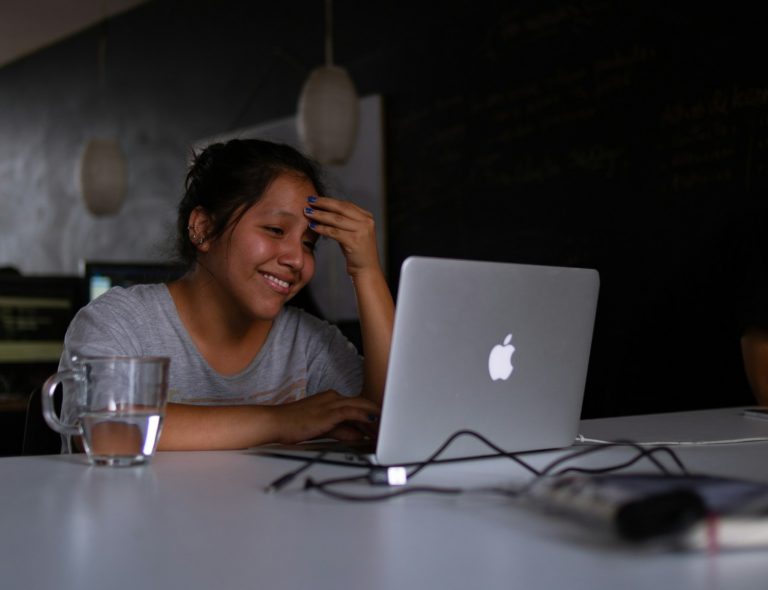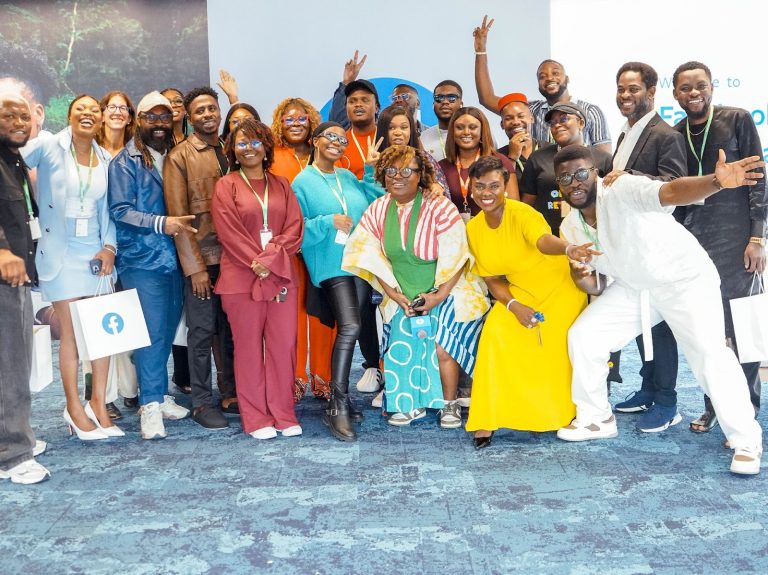CcHub to Introduce $15m ed-Tech Accelerator Programmes for 72 Nigerian and Kenyan Startups

TechCrunch has learnt that Co-Creation Hub (CcHUB), the largest innovation hub in Africa, is establishing The Edtech Fellowship Program, a $15 million accelerator program to support and fund 72 entrepreneurs in Kenya and Nigeria over the next three years.
The accelerator program, according to a statement released by the company, will promote and magnify the effect of edtech entrepreneurs across Africa and support founders who are offering tech solutions to solve learning innovation in an educational sector plagued with a variety of problems.
According to this data, the sub-Saharan area has the highest number of children and youth who are not enrolled in school, at roughly 98 million.
The quality of education at all levels, from K–12 to university, is appalling, even for those who are enrolled in classes. For instance, students studying computer science in the majority of Nigerian colleges are instructed in antiquated programming languages that have no practical use today. Inadequate financing, school walkouts, and brain drain are further issues.
Smartphone usage reached 64% in 2021, while mobile phone customers made up 46% of the population in sub-Saharan Africa, according to a report from GSMA Intelligence. These trends show that mobile and internet penetration and smartphone access have grown over time. This has made it possible for several edtech businesses to create digital platforms that have, in some way, improved learning and employment possibilities for thousands of Africans.
For instance, K–12 students can access learning programs through Kidato, LocalGlobe, and Tencent-backed uLesson, among others. Andela and GOMYCODE, among others, connect qualified tech workers and students with domestic and international businesses.
Although these platforms have had some success, they haven’t made a significant impact on the billion-dollar edtech business in Africa. For that to occur, more edtech solutions must be developed and supported. But, this data indicates that edtech is Africa’s seventh most invested sector, so its entrepreneurs have their work cut out for them. The co-founder and CEO of CcHUB, Bosun Tijani, has two hypotheses about why edtech isn’t taking off in Africa and why its startups are having trouble raising money.
One is that, contrary to what a casual tech watcher might believe, the edtech industry is heavily controlled. The other is that startups and governmental or academic institutions rarely communicate with one another. Tijani believes that starting an accelerator program with a diverse environment might herald numerous success stories and a better developed edtech sector.
“We believe that we can begin to gain a better understanding of how to use technology to improve learning in schools if we intentionally invest in a very structured edtech inclusive ecosystem of government, teachers, investors, foundations, and even in some cases, the students and their parents,” Tijani said in an interview with TechCrunch.
In order to ensure that there is a clear understanding of how to scale education solutions in the space, it is crucial that we create a program that not only identifies the smartest individuals in the startup ecosystem but also links the startup ecosystem with government authorities, public sectors, schools, and academic institutions.
Two of the largest edtech markets on the continent, Nigeria and Kenya, are the focus of the fellowship program. The majority of the more than 300 businesses in both industries are rote learning-focused tutorial applications and platforms. Nonetheless, Tijani emphasized that the accelerator program would strive to provide funding for unconventional ideas. The chief executive claims that more than ever, unconventional ideas are needed to address Africa’s $2 billion education sector.
And CcHUB, which has managed a number of edtech initiatives (one of which I volunteered for) and supported both successful and unsuccessful edtech startups in the past via other incubator and accelerator programs, is optimistic that such solutions will be found addressing difficulties across K–12 tertiary, and skills–to–jobs markets.
“Our ideas are really broad. According to what we see, the core will definitely be reduced to a few sections, but we’re challenging ourselves not to fund the easiest fixes,” he said. We won’t just support any company; instead, we’ll make sure that these companies promote learning outcomes.
With the aid of an internal research team committed to working with portfolio businesses and testing their products from launch to scalability, CcHUB plans to take on that responsibility. They are a part of a 30-person team comprised of professionals from a variety of fields, including product development, government relations, pedagogy and learning science, portfolio management, communication, instructional design, and community building, which CcHub will offer to selected startups in both locations. These groups will be essential to how each firm conducts team building, MVP and prototyping testing, go-to-market strategies, engagement with organizations, and user feedback gathering through providing shared resources. These added benefits will go beyond the original $100,000 in program funding that entrepreneurs would get.
“We will introduce 72 edtech startups to the market during the next three years. Since you can be very certain that half of them—or 20–30%—would survive for an additional three–four years, we think this will jump-start the ecosystem and restart it. And it will enable us to determine whether technology can actually benefit education in Africa, Tijani said.
Backing that many startups in just three years suggests that CcHUB’s Edtech Fellowship program will take on 24 startups per year in Kenya and Nigeria (12 each). However, the fact that these firms received $100,000 in seed money indicates that the accelerator spent almost $7 million on investments alone.
The remaining funds will be used to manage other resources in the accelerator, such as personnel costs and providing support funding to businesses as they advance, according to Tijani, who is also the CEO of Kenya’s iHub.
There is also a mechanism for follow-on investment outside of the accelerator program, which will provide diversification and reduce risk for seed or Series A investors.
Tijani stated that the $50 million edtech fund CcHUB plans to launch within the next 12 to 24 months will provide the follow-on capital. He also stated that the innovation hub is in discussions with telcos like Safaricom and MTN to explore arrangements that could see them act as both investors in the fund and distribution partners for the portfolio of edtech solutions held by the Fellowship.
“This is also what’s unique about this program. The people backing us are not just saying, ‘this is money, go and invest.’ They are putting serious skin in the game and funding us to be able to raise capital, which is not common in the VC space. The way we’re looking at our pool of co-investors is stacked. We’re not only looking at VCs but development finance institutions and telcos. In general, this activity that CcHub is embarking on will derisk investment for a lot of the VCs out there who may want to put money in edtech startups,” expressed Tijani, who also added that the innovation hub would be taking roadshows across India, Europe, and the U.S. in the coming months to raise the fund.






